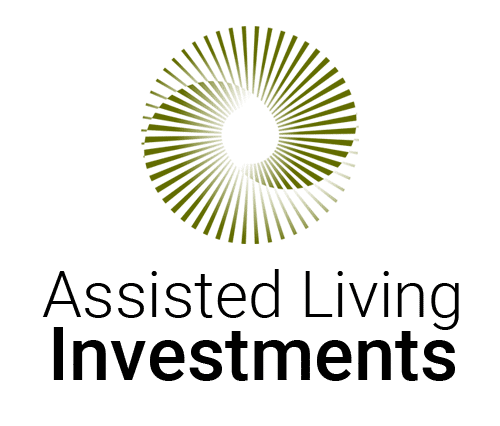The UK government has been struggling to meet the demand for assisted living social housing in recent years due to a number of factors. The most pressing concern is the lack of supply of affordable housing. This has been exacerbated by an increase in population, rising house prices and stagnant wages. The high cost of housing means that many people are priced out of even basic accommodation and must seek alternative sources of help.
In addition to the lack of available housing, there has been a decrease in funding from the government for social housing initiatives. This means that fewer resources are available for those who need it most. Local councils have had to look at other options to provide assistance with housing; however, this can be limited as it depends on money raised through taxation or rent payments.
Another challenge facing the UK government is managing the many different types of social housing that exist within society today. With such a diverse range of tenants – from single parents to homeless people – it can be difficult to ensure everyone gets their fair share. Furthermore, due to tight budgets in many local authorities, priority may be given to certain groups over others which can lead to an unbalanced distribution of resources.
The UK government’s approach toward assisted living social housing also leaves much to be desired when it comes to enforcement of regulations and coordination with other agencies involved in providing support services such as health care or education. For example, if a tenant is evicted due to defaulting on rent payments, often there are no suitable alternatives offered and they may end up living on the streets or having nowhere else to turn for help. This situation not only affects individuals but also causes strain on wider society as homelessness and poverty become more commonplace.
Overall, while there may be some areas where progress has been made by the UK government when it comes to assisted living social housing, much still needs to be done in order ensure fair access and quality standards across all levels of society – especially during these challenging economic times when so many people need assistance more than ever before.




